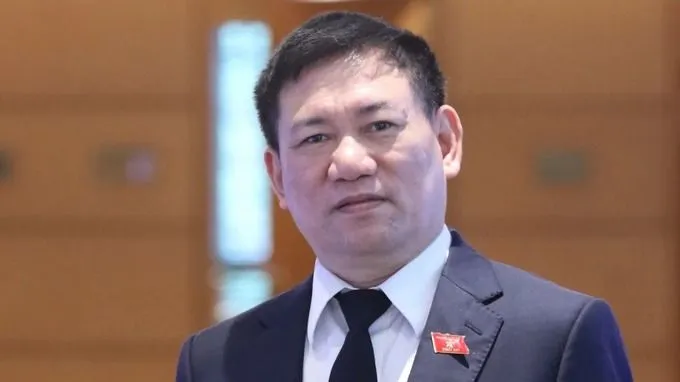
On the morning of May 26, National Assembly deputies discussed in the hall the draft Law on State Budget (amended). The draft has a major breakthrough in the plan to adjust the decentralization of budgetary authority. On the sidelines of the National Assembly, Deputy Prime Minister Ho Duc Phoc spoke to the press about a number of related issues.
Regarding the content of regulating the central and local budgets, many deputies did not really agree with the draft. Deputy Prime Minister Ho Duc Phoc said that investment in infrastructure construction such as highways and inter-regional connectivity projects cannot rely solely on local budgets, especially in poor provinces such as Ha Giang, Lao Cai, Son La, Gia Lai or Kon Tum. These provinces hardly have enough resources to invest in infrastructure. Therefore, the Central Government needs to play the role of budget regulator to support localities in investment and development.
Meanwhile, localities such as Hanoi, Ho Chi Minh City, Hai Phong or Da Nang, collect large revenues from land and often exceed budget estimates. However, it is also necessary to recognize that these localities have been and are receiving huge investments from the Central Government in infrastructure, creating favorable conditions for socio-economic development. Therefore, it is necessary to regulate the budgets of rich localities to support disadvantaged localities to ensure balanced and harmonious development between regions.
The State Budget Law stipulates that local budgets are decided by provincial-level People's Councils. The Deputy Prime Minister said that the Central Government does not interfere in specific local spending, but expenditures must comply with the norms, standards, and regimes prescribed by the State. For example, construction investment must follow the correct procedures, processes, and norms issued by the Ministry of Construction. Local authorities have full authority to decide which projects to undertake, how much to spend, and to what extent to delegate... but must still comply with general regulations.
According to the Deputy Prime Minister, the allocation of the state budget has been submitted by the Government to the National Assembly since the beginning of the year and has been made public and transparent. The National Assembly does not decide on each detailed item but only allocates the budget at the sector, ministry or provincial level. When there is a major adjustment in the allocation ratio, such as increasing the spending ratio for a certain field, it is submitted to the National Assembly again. For example, we have just stipulated that investment in science and technology is 3% of GDP - there must be a resolution of the National Assembly.
The Government is the agency that manages and operates the budget, including budget settlement and detailed allocation within approved ratios. For example, in the budget for education (20%), science and technology (3%), the specific division for investment, regular expenditure, salaries, procurement, etc. is undertaken by the Government, or even by specific ministries and branches. This is decentralization and delegation of authority: whichever level does what, that level is responsible; the higher level does not interfere in the details but still checks and supervises.
Through discussion, many opinions suggested reconsidering the revenue from land use fees in large cities. Some opinions suggested that Hanoi and Ho Chi Minh City be allowed to retain 100% to implement large projects. According to the Deputy Prime Minister, currently, Ho Chi Minh City is allowed to retain 100% of land use fees, but in the near future it may be adjusted down. This is reasonable because land use fees are a national source of revenue, not just for a particular locality. Localities such as Hanoi, Ho Chi Minh City, Da Nang or Hai Phong are places where this revenue is concentrated, but they are also places where a lot of infrastructure investment has been made.
Therefore, it is necessary to re-regulate a part of the revenue from big cities so that the Government has resources to invest in key national projects such as Long Thanh airport, North-South high-speed railway, inter-provincial routes, seaports; support poor localities without revenue from land such as Lai Chau, Ha Giang, Son La, Gia Lai...
“If not properly regulated, the Government will have to borrow to invest. Therefore, the most important thing is to use money effectively, manage the macro economy well and ensure comprehensive, inclusive and equitable development among regions. Everyone wants to keep all revenue for spending, but if so, who will take care of remote, isolated and border areas?”, the Deputy Prime Minister raised the issue, while affirming that budget management must be appropriate to the conditions of each locality and the country as a whole.
Source: https://www.sggp.org.vn/pho-thu-tuong-ho-duc-phoc-viec-dieu-tieu-lai-mot-phan-nguon-thu-tu-cac-thanh-pho-lon-la-can-thiet-post796835.html






![[Photo] Prime Minister Pham Minh Chinh meets with Hungarian President Sulyok Tamas](https://vphoto.vietnam.vn/thumb/1200x675/vietnam/resource/IMAGE/2025/5/29/dbcaa73e92ea4448a03fe1d0de6d68e8)
![[Photo] Vietnamese and Hungarian leaders attend the opening of the exhibition by photographer Bozoky Dezso](https://vphoto.vietnam.vn/thumb/1200x675/vietnam/resource/IMAGE/2025/5/29/94d8ceca5db14af3bf31285551ae4bb3)
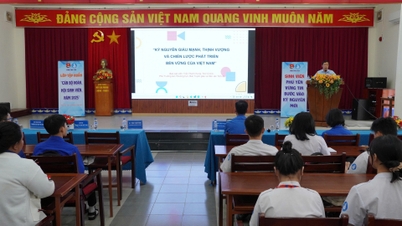




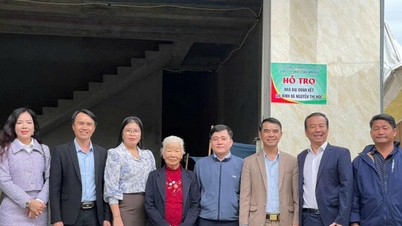

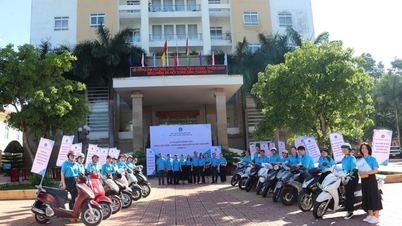







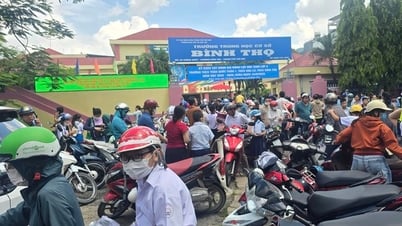


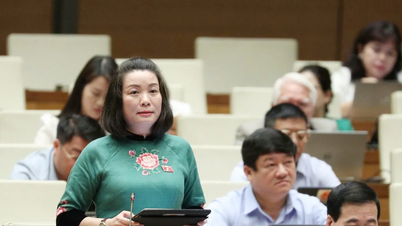
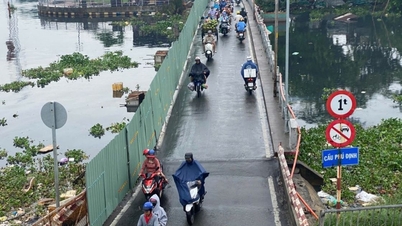

![[Photo] Prime Minister Pham Minh Chinh receives a bipartisan delegation of US House of Representatives](https://vphoto.vietnam.vn/thumb/1200x675/vietnam/resource/IMAGE/2025/5/28/468e61546b664d3f98dc75f6a3c2c880)







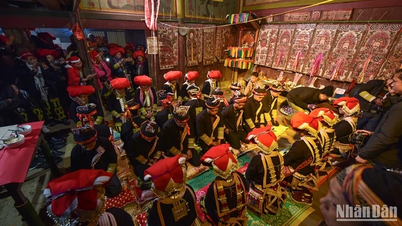










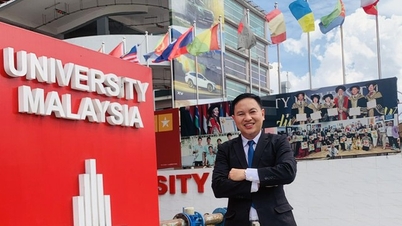








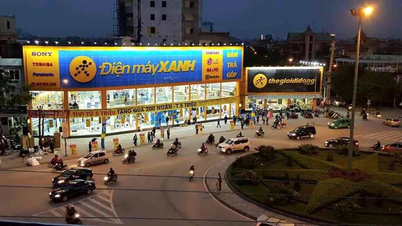
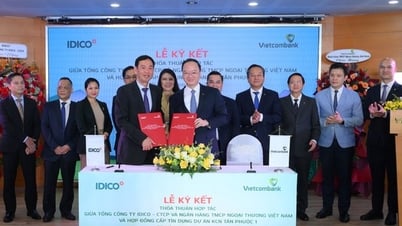





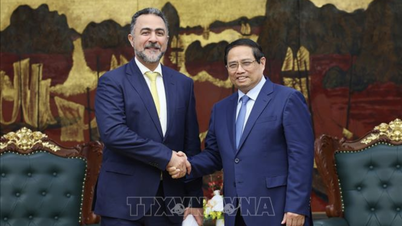


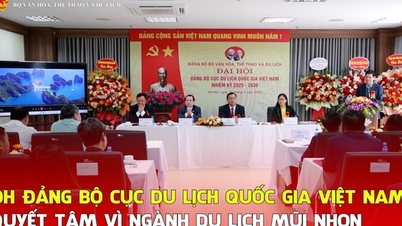

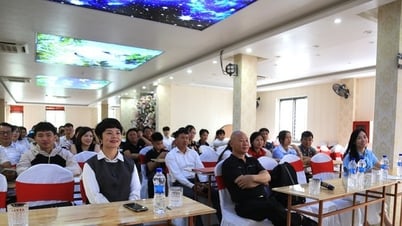
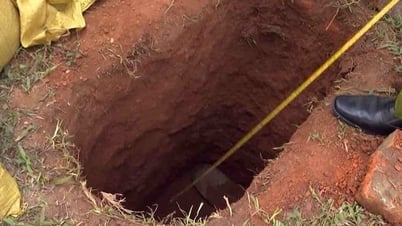

















Comment (0)